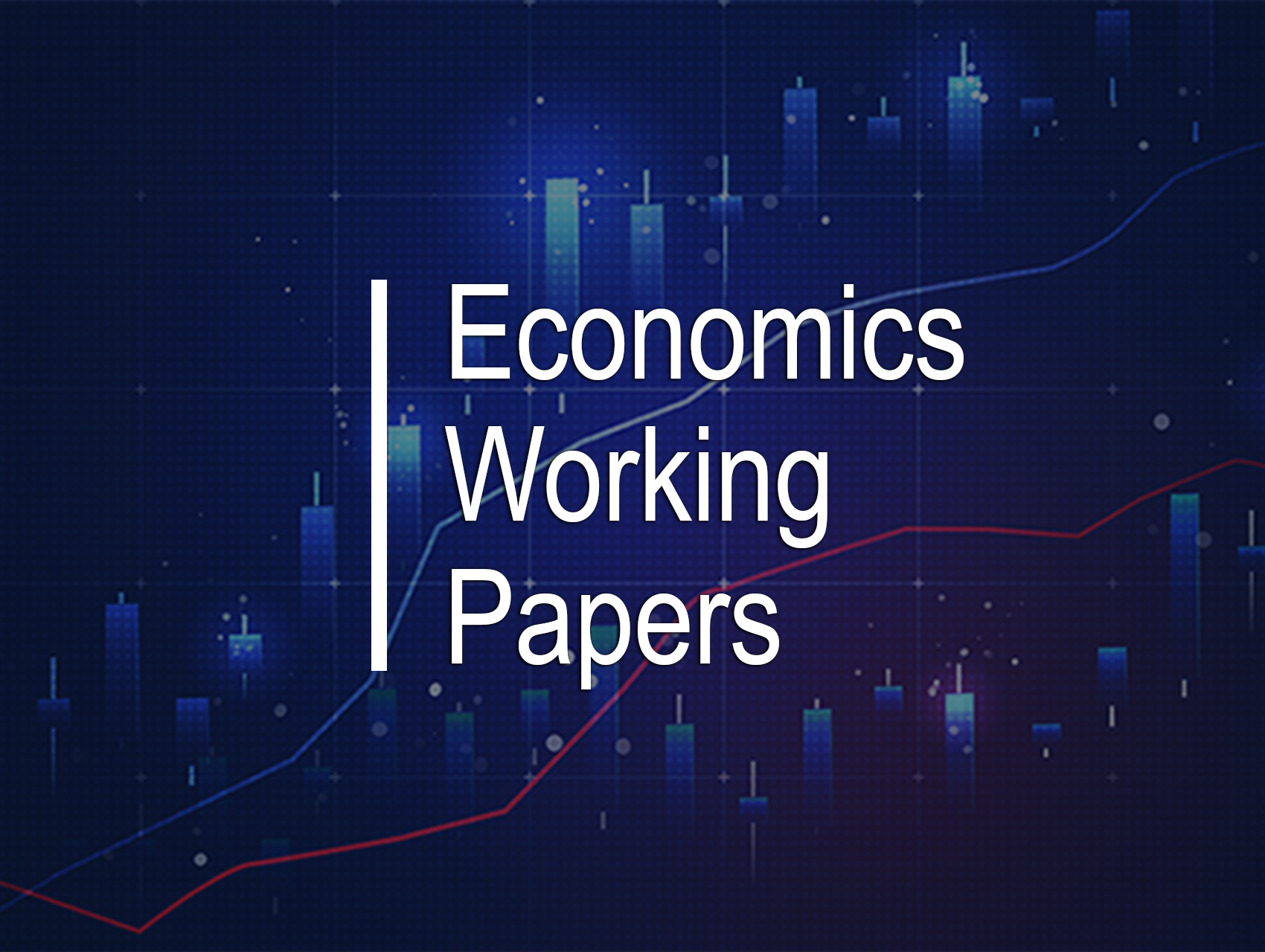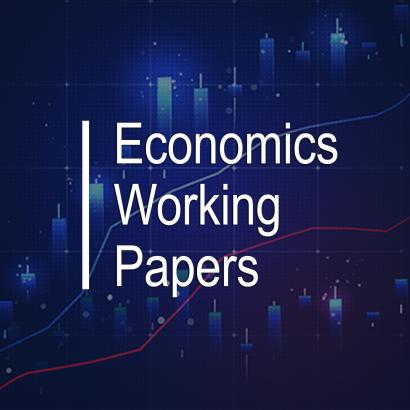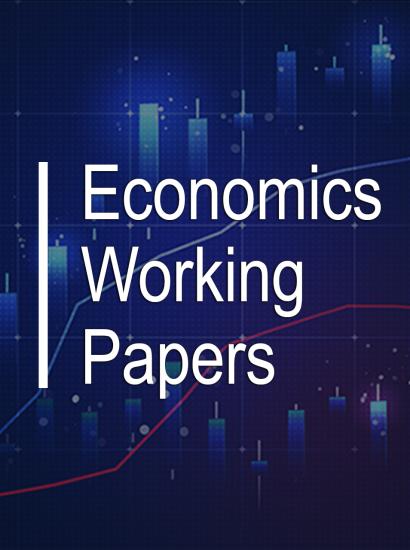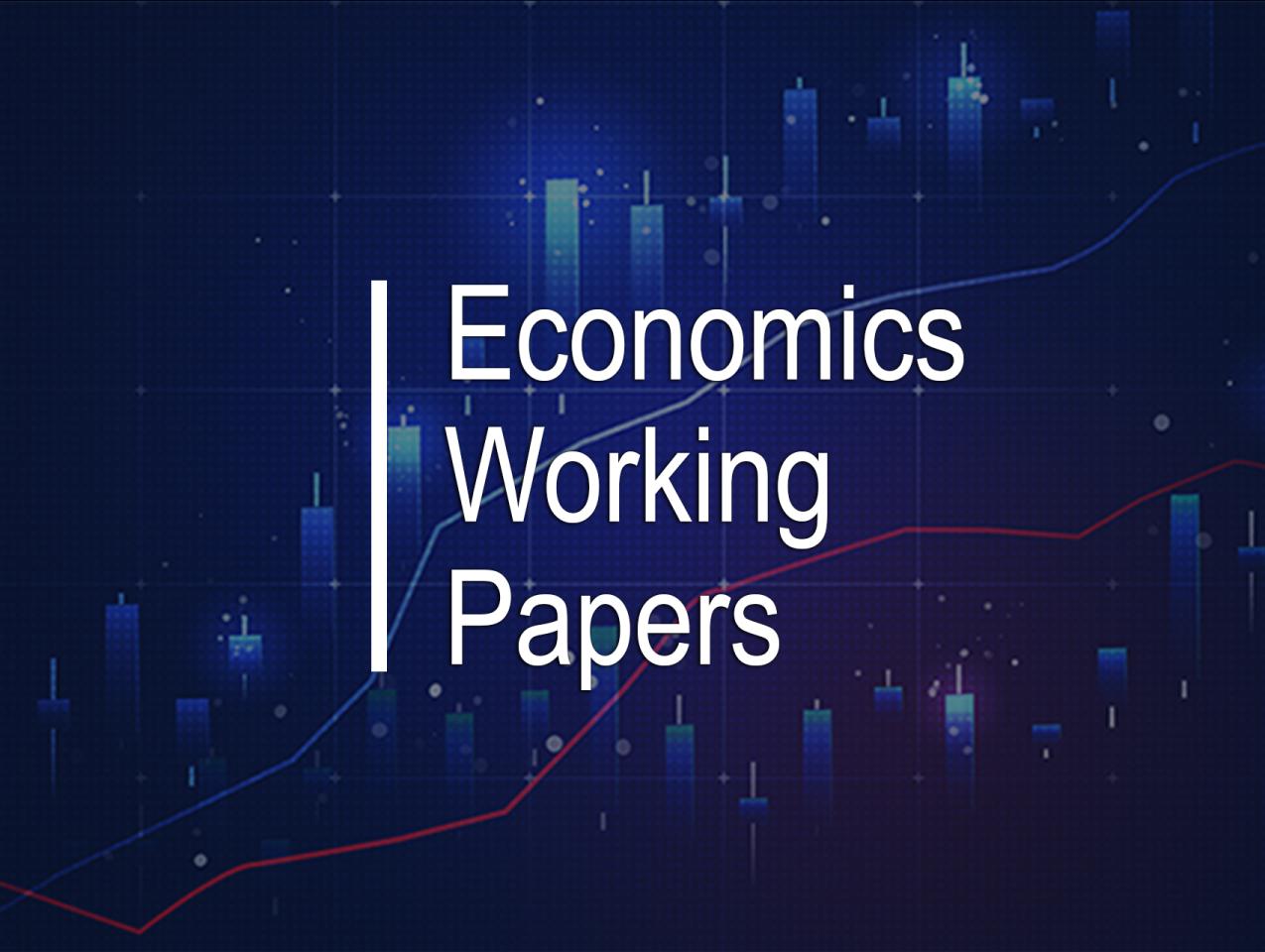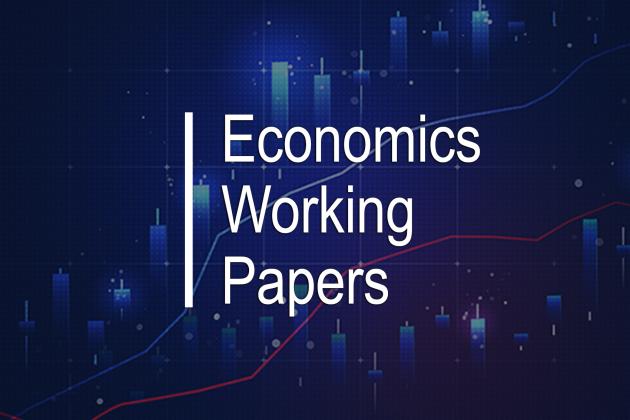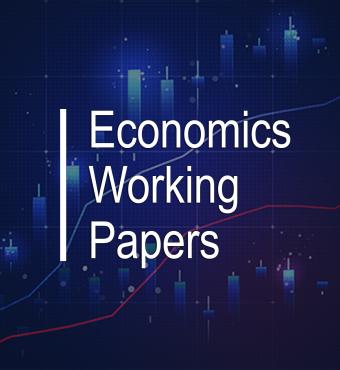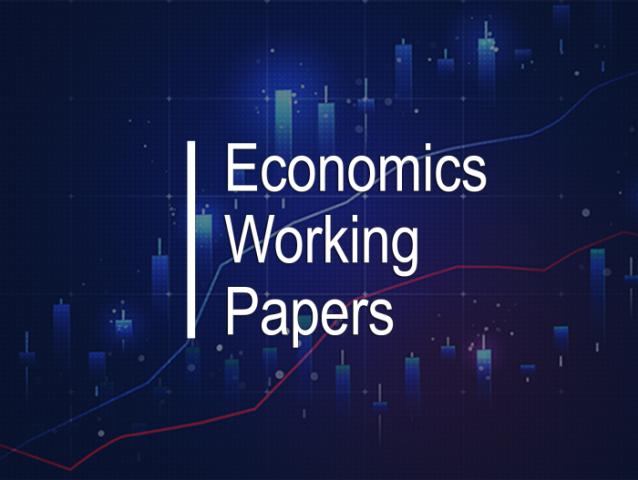- Economics
Economics Working Paper 22104
Abstract: The Treasury-Fed Accord of 1951 was an important milestone in the transformation of the Fed into an independent central bank. Its goal was to permit the Fed to control its own balance sheet rather than have it be controlled by the Treasury for the purposes of debt management. However, following the massive interventions by the central bank in the financial crisis of 2008-09 and again in 2020-21, during the pandemic and economic shutdown, the traditional boundaries between monetary and fiscal policy has blurred. In this essay, I discuss some of the important changes in the use of the Fed’s balance sheet and ask if the 1951 Accord remains a sufficient framework to ensure the Fed’s independence. I conclude that it does not. Through its expansion of credit policies, the Fed has effectively engaged in fiscal policy actions that more appropriately belong to Congress. Congress, as well as the Fed, have taken actions that violate at least the spirit of the 1951 Accord. Taken together, these actions undermine the independence of monetary policy decision-making by the Fed and open the door to political and fiscal abuse of the central bank’s balance sheet. Thus, it is important to strengthen Fed independence through the appropriate assignment of decision-rights and accountability required of the institution in a democratic society. I lay out a concrete proposal aimed at fostering these goals.
DOWNLOAD: Federal Reserve Independence: Is it Time for a New Treasury-Fed Accord?







